By Roger Grody
Fast-food operations are not what they used to be, and even the term “fast food” is passé, with trade associations turning to more attractive euphemisms like “quick- service restaurant” (QSR) or “fast-casual” establishment. The latest generation of eateries represents much more than a corporate image makeover, however, with a commitment to artisanal ingredients and even fine dining principles adapted to lower price points and rapid turnaround.
The concept of fast food integrating more upscale standards is well represented by the now-ubiquitous, publicly traded Shake Shack, the progressive burger joint founded by fine dining entrepreneur Danny Meyer. The creator of legendary (and pricey) Manhattan restaurants Union Square Cafe, Gramercy Tavern and Eleven Madison Park proved that quality ingredients, chef-driven techniques and top-drawer customer service were adaptable to the quick-service sector.
QSR magazine editorial director Danny Klein, who is exposed to hundreds of quick-service concepts every year, reports, “In the beginning of the pandemic, there was a rush to comfort food, as people gravitated to dishes they understood and related to.” He adds, “But now we’re again seeing more global cuisines and an emphasis on healthy food.” Klein explains the provision of higher-quality food at accessible prices was the impetus of the more sophisticated fast-casual movement that emerged about a decade ago. Now, concepts his magazine refers to as “fast-casual 2.0” focus more on chef-driven menus in affordable, convenient settings.
Dumplings, whether authentic fare at a Chinatown dim sum restaurant or upmarket versions filled with foie gras or black truffles in trendy establishments, represent a current obsession among food enthusiasts. Brooklyn Dumpling Shop offers an expansive menu of iconic American flavors folded into little pockets of dough, including Philly cheesesteak, Reuben and PB&J sandwiches, as well as sausage-and-egg, lamb gyro with tzatziki and dumplings that satisfy a craving for chicken parmigiana.
Founder Stratis Morfogen began serving the sandwich-themed dumplings at his upscale Brooklyn Chop House, and when the kitchen could hardly keep up with demand, launched a QSR concept. At Brooklyn Dumpling Shop, customers order in advance on their smartphones or at automated kiosks, then grab their orders from a designated temperature-controlled locker, eliminating human interaction.
The no-contact system surely appeals to pandemic-weary consumers, but was designed strictly for efficiency. “We’ve got driverless cars, so why not bring back the automat?” queries Morfogen, referring to New York’s nostalgic automated diners from the first half of the 20th century. Both the system and dumplings have been well received by customers, and the business community is responding, too, with hundreds of Brooklyn Dumpling Shop franchises being contracted around the country. “Dumplings are social and make great bar food,” says the restaurateur, who notes, “Everybody loves the concept of a two-ounce sandwich.”
QSR magazine’s Klein believes the versatility of the dumpling and the company’s commitment to automation will benefit Brooklyn Dumpling Shop’s ambitious expansion plans. While he notes there will always be demand for the in-store dining experience, the trade journalist reports, “There’s growing interest among consumers to have as little face-to-face interaction as possible, preferring to place an order by phone and grab their food out of a locker.” Noting the restaurant industry has sometimes been slow to evolve, Klein states, “One of the positive outcomes of COVID was that it ushered in years of technological innovation.” He suggests this will result in more kiosks, voice-activated ordering tablets and even artificial intelligence in the drive-through lane.
Another major trend in the restaurant industry, from Michelin three-star restaurants to the corner quick-service eatery, is the introduction of plant-based menu items. While Klein is skeptical of its widespread adoption outside urban areas, even the most ubiquitous brands now offer some plant-based options.
Metro Atlanta’s Slutty Vegan is one of many quick-service concepts appealing to the now-mainstream interest in
veganism, and offers some sloppy, indulgent “burgers.” Beefsteak, with locations in a handful of major American cities, was founded by celebrity chef/humanitarian José Andrés, and while not purely vegan, markets itself as a celebration of vegetables. Many of the menu items are entirely plant-based, but some dairy, egg, chicken, and seafood can be incorporated into bowls or salads that are easily customized. The only beefsteaks to be found are tomatoes, and the burgers are entirely plant-based at this concept, whose rarefied pedigree draws attention.
This is not the first foray of the Michelin-starred chef into fast food, and one suspects more of his high-flying peers from the world of fine dining will follow.
Chef Roy Choi, a native of Seoul and Culinary Institute of America alum, is credited with discovering the unique synergies of Korean and Mexican cooking, both cuisines he grew up with on the streets of Los Angeles. His fleet of Kogi trucks continues to rumble through L.A., and the renegade chef’s unique fusion fare (e.g., kimchi quesadillas, Korean short rib tacos) has practically gone mainstream. Chains like St. Louis-based Seoul Taco (it, too, began as a food truck), are continuing Choi’s tradition, offering Korean-sauced tacos, burritos, nachos, and quesadillas with a choice of bulgogi, spicy pork, chicken, or tofu, along with kimchi fried rice and even churros with strawberry-Sriracha sauce.
Bonchon — the rapidly growing company began in South Korea and now has more than 370 restaurants worldwide — is another chain taking advantage of the widespread acceptance of Korean cuisine. Bonchon’s specialty is its highly relatable fried chicken, an American staple introduced by U.S. troops during the Korean War, transformed by the locals and exported back to the States as something a bit more exciting. The eatery also offers takoyaki (Japanese fried octopus balls), soft buns stuffed with pork belly that are reminiscent of an upscale dish authored by celebrity chef David Chang, and bibimbap, Korea’s classic egg-topped rice bowl with meat or tofu.
Bonchon now has more than 100 U.S. stores, including a new prototype with a smaller footprint and more streamlined menu. CEO Flynn Dekker comments, “Now, with the increased interest of Korean art and culture in recent years — the Oscar-winning film Parasite, the Netflix sensation Squid Game and K-pop artists like BTS — you’ve got all the right ingredients for mass appeal of Korean cuisine and Bonchon Korean fried chicken, in particular.”
From the talent behind Sushi Roku, a super-premium Japanese restaurant, and the founder of assembly line pizza chain PizzaRev comes Yakumi, a fast-casual establishment with the style and quality of high-end sushi bars, but more approachable prices. Sushi preparations feature sophisticated touches one expects at much pricier establishments, such as salmon drizzled with true soy and dusted with sesame seeds, or crispy shallot- crowned albacore splashed with ponzu sauce. The inaugural Yakumi location is in Burbank, California, but given its ambitious leadership, you can be sure this concept will proliferate.
Indian is another ethnic cuisine currently enjoying its moment, and Curry Up Now is rapidly expanding from its San Francisco Bay Area roots. The concept’s emphasis is on Indian street food — specialties range from traditional samosas and miniature naan bread bits with tikka masala dip to vegan, Indian-themed “burritos” — and much of the menu is plant-based. Further globalization of the quick-service sector is represented by promising concepts such as Nando’s, featuring peri-peri chicken (a specialty of Portugal via Mozambique), Mediterranean-themed Cava and La Granja, a Peruvian-inspired chain with locations throughout Florida.
Café d’Avignon is a concept from the owners of Pain d’Avignon, a bakery/restaurant that supplies some of New York City’s top restaurants and hotels with artisanally crafted bread. Customers at Café d’Avignon enjoy a croissant or quiche Lorraine for breakfast and a niçoise salad or croque monsieur tartine later in the day, complemented by an impressive repertoire of baked goods. The fast-casual eatery, beloved by Francophiles, has multiple locations in New York and is seeking opportunities in other major markets.
Burgers and fries may still rule the world of fast food, but endless alternatives and sophisticated products are making the grab-and-go routine infinitely more exciting.


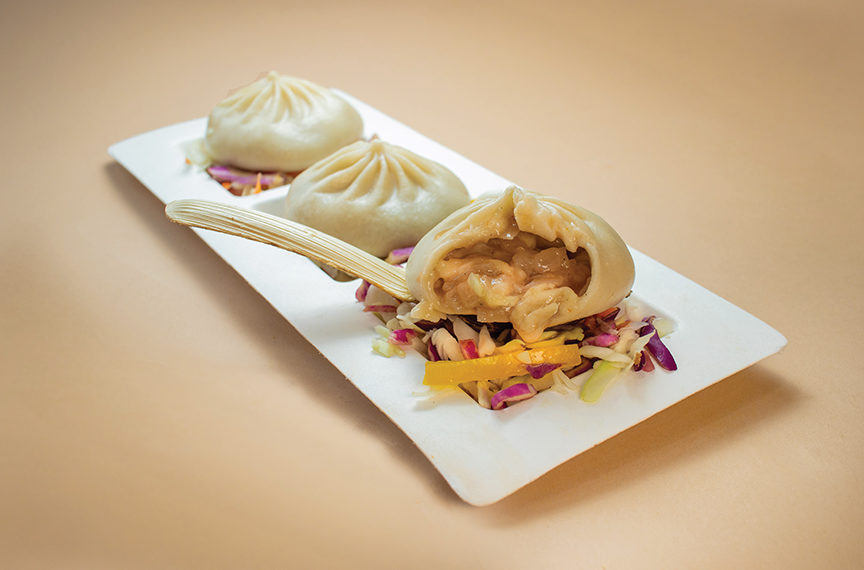
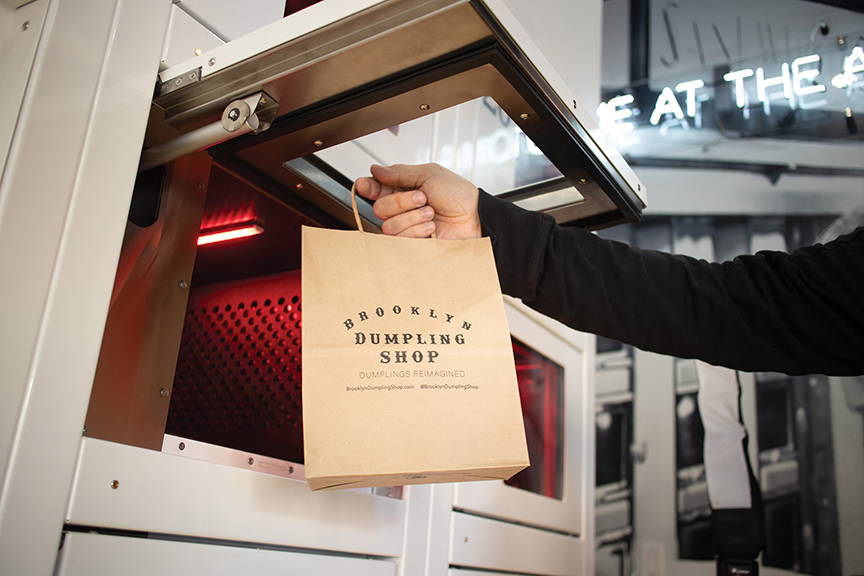
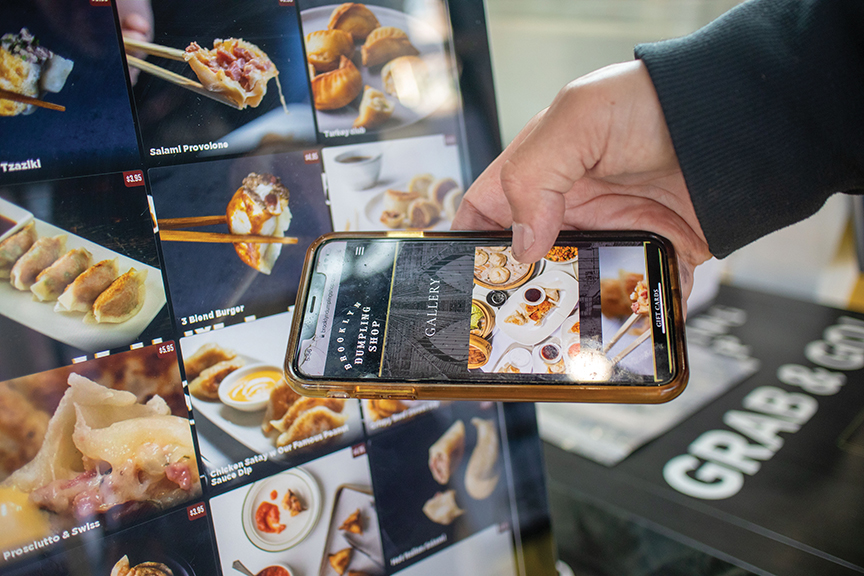
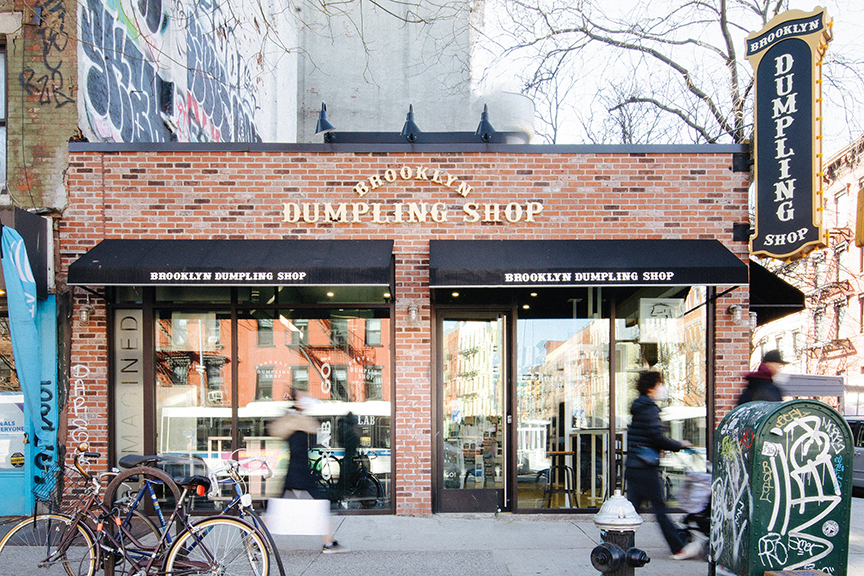
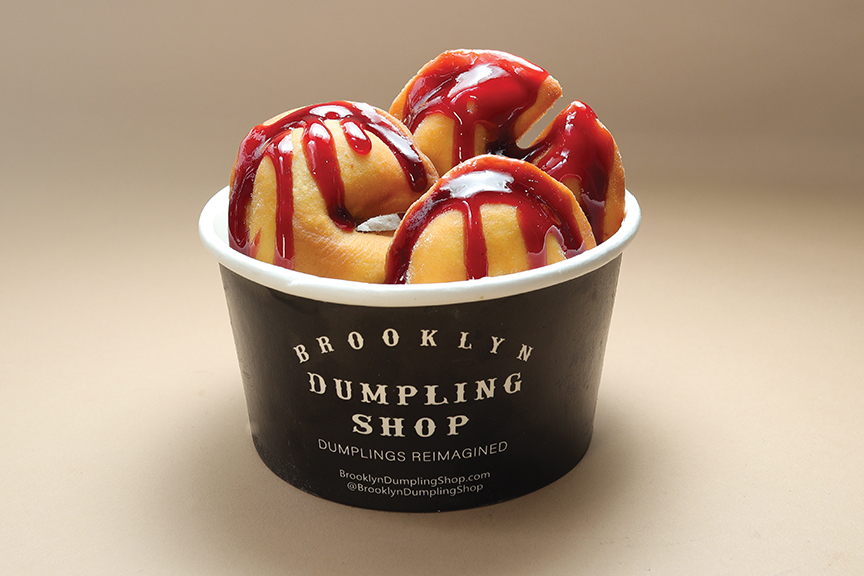
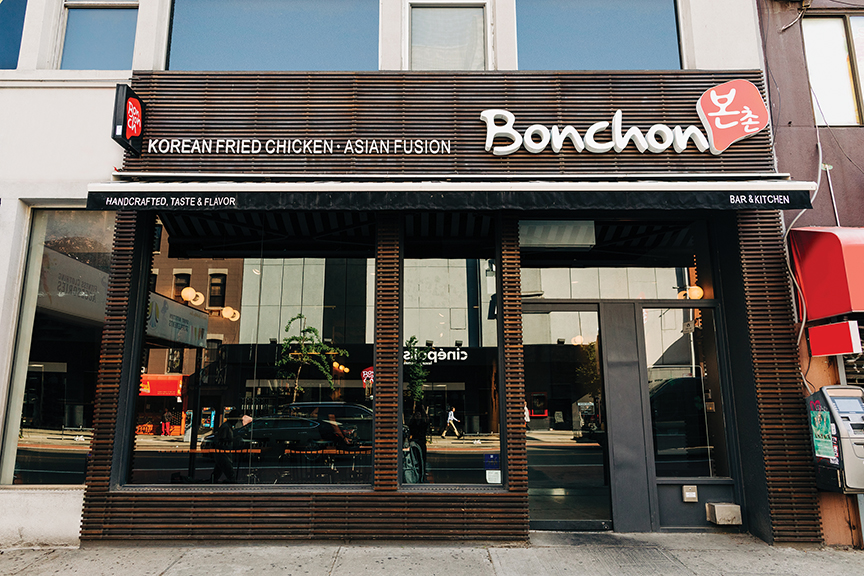
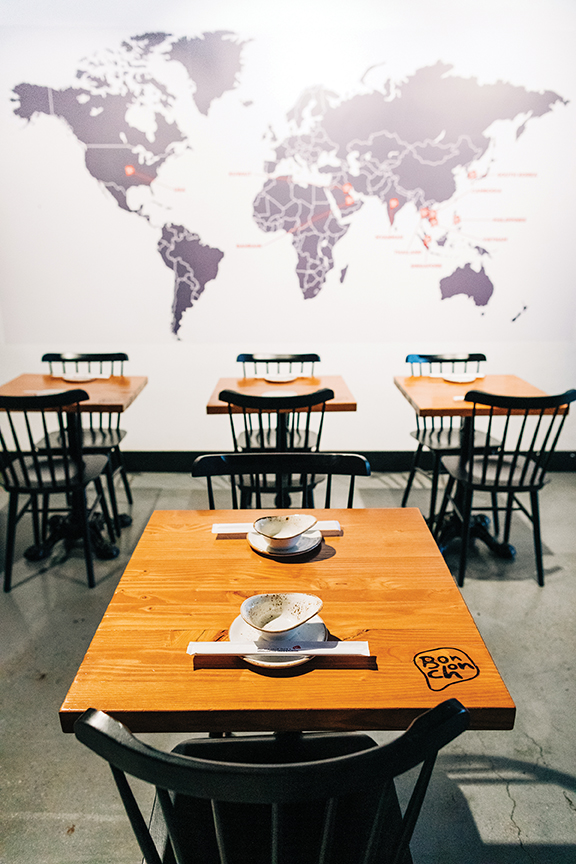
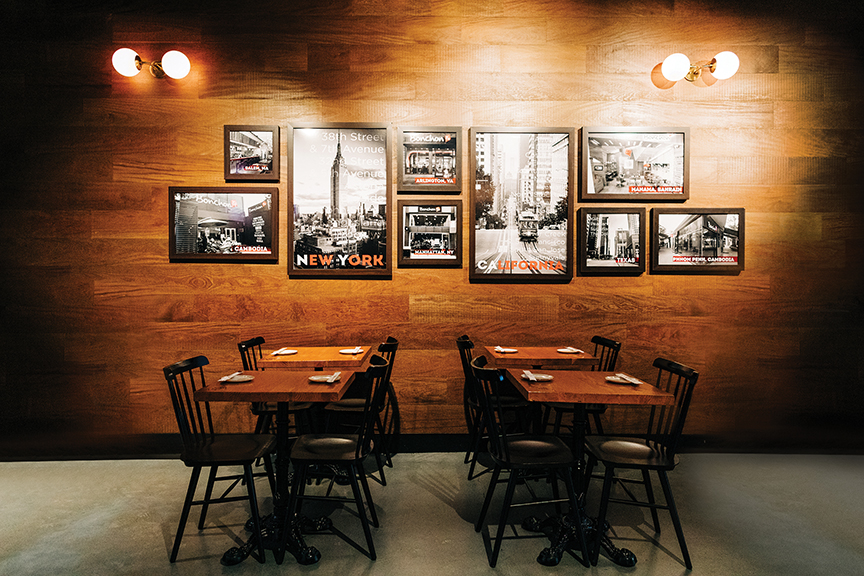
Leave a Reply